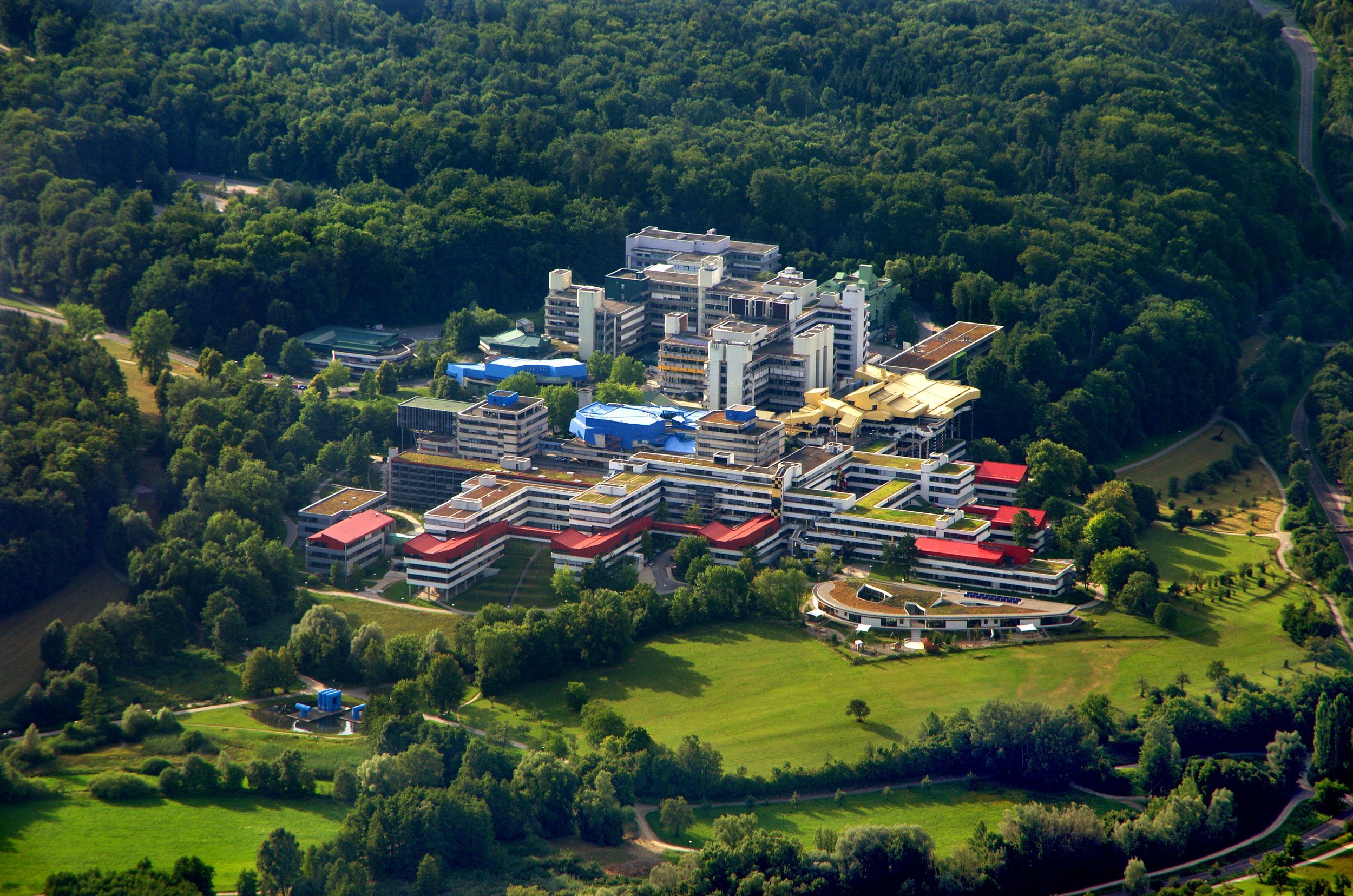
Taking responsibility to protect biodiversity
The University of Konstanz has joined the worldwide initiative "Nature Positive Universities"
The launch of the global Nature Positive Universities initiative was announced at the UN Biodiversity Conference (COP 15), held in Montreal, Canada, in December 2022. The University of Konstanz is one of more than one hundred universities from all five continents joining the initiative. The common goal is to address the university's own impact on nature and to identify and implement effective measures to halt and reverse the loss of biodiversity. The international network will highlight examples of best practice and promote joint projects as well as the exchange of experiences in order to emphasize the responsibility to protect biodiversity at the local, regional and global levels.
The University of Konstanz's commitment includes four core elements: 1. Evaluating the initial situation; 2. Determining measurable goals for the promotion of biodiversity; 3. Implementing measures for the protection of biodiversity as well as 4. Transparent annual reporting. To this end, the participating universities will also serve as multipliers for active engagement to motivate other people or institutions to do the same. The University of Konstanz also intends to firmly anchor a commitment to promoting biodiversity in its structure and development plan, which is currently being drawn up.
In Konstanz, the initiative, which was founded by the United Nations Environment Programme (UNEP) and the University of Oxford, will focus on promoting biodiversity on and around the university campus. In addition, broad expertise in the field of biodiversity research will play an important role. "Our experts in terrestrial, freshwater and marine ecosystems as well as microorganisms, plants and animals can make valuable contributions," says Mark van Kleunen, professor of ecology and coordinator of the Nature Positive Universities initiative at the University of Konstanz. Among other things, research teams in the Department of Biology are intensively investigating topics such as coral bleaching, the resilience of lake ecosystems and the spread of neophytes.
As far as the measures on campus are concerned, comprehensive compensation measures will be carried out in the regional surroundings of the university for newly utilized areas – for example, by converting, i.e. upgrading, previously extensively used areas into near-natural areas. A planting plan for the campus will focus on native plant biodiversity (watch the application video for the initiative). As a further measure, it is planned to impart knowledge on biodiversity by means of courses and information on corresponding university activities. For example, the university's own botanical garden will expand its efforts to conserve locally endangered plants.
"We have already compiled what the university is currently doing to promote biodiversity, which staff members in teaching, research and administration can become active and what measures we want to take," says Hilmar Hofmann, head of the Staff Unit Sustainability at the University of Konstanz.
Persons who want to support activities at the University of Konstanz can contact mark.vankleunen@uni-konstanz.de. Especially committed students have the possibility to work as network ambassadors and connect with other initiatives worldwide, to continue their education or to initiate their own projects at the University of Konstanz.
Key facts:
- The University of Konstanz has joined the worldwide initiative "Nature Positive Universities"
- Network of over one hundred universities from all five continents committed to fulfil their responsibility to protect biodiversity at the local, regional and global levels
- The focus of activities is on campus and in research
- Coordinator at the University of Konstanz is Mark van Kleunen, professor of ecology; contact: mark.vankleunen@uni-konstanz.de
